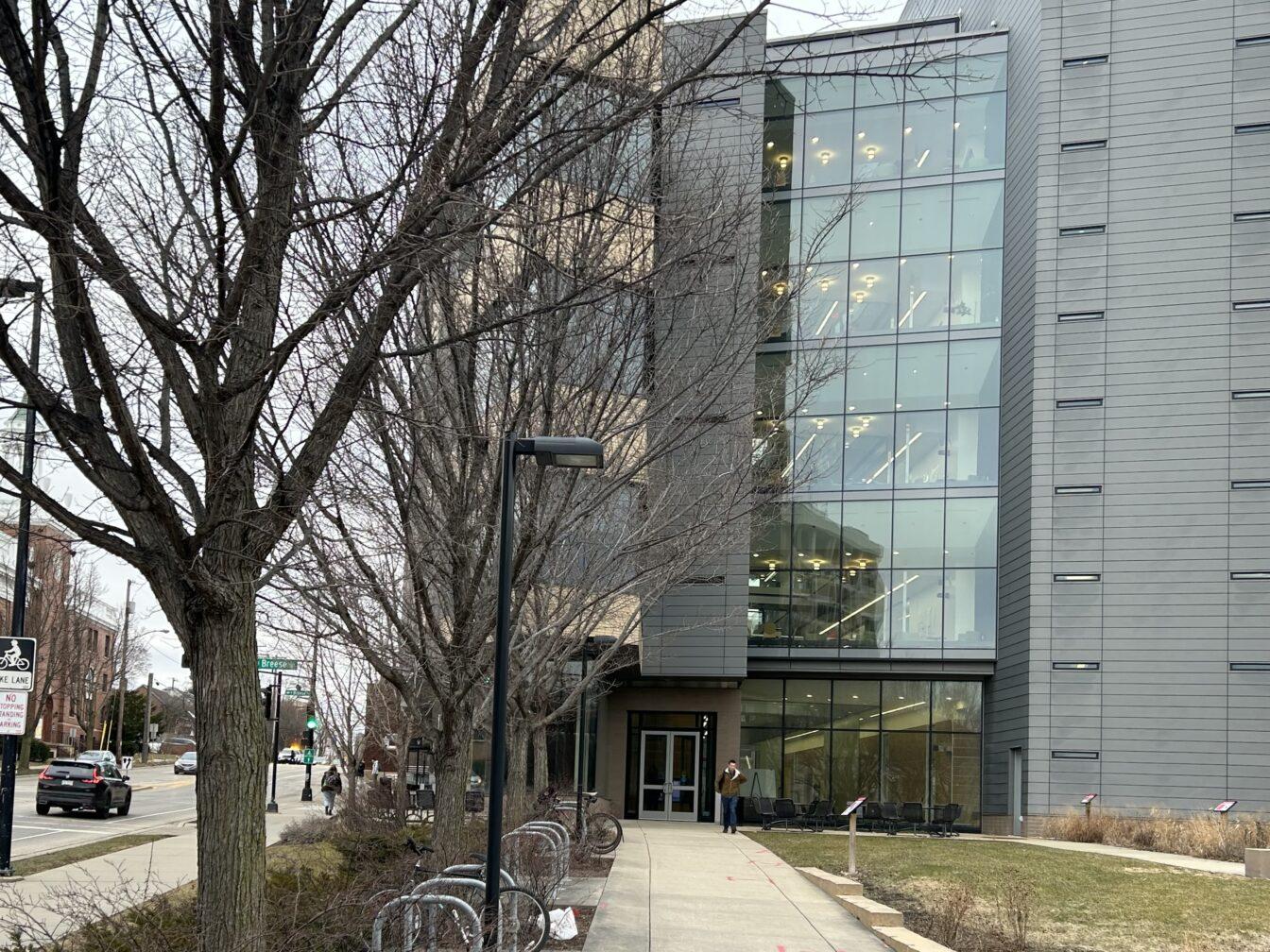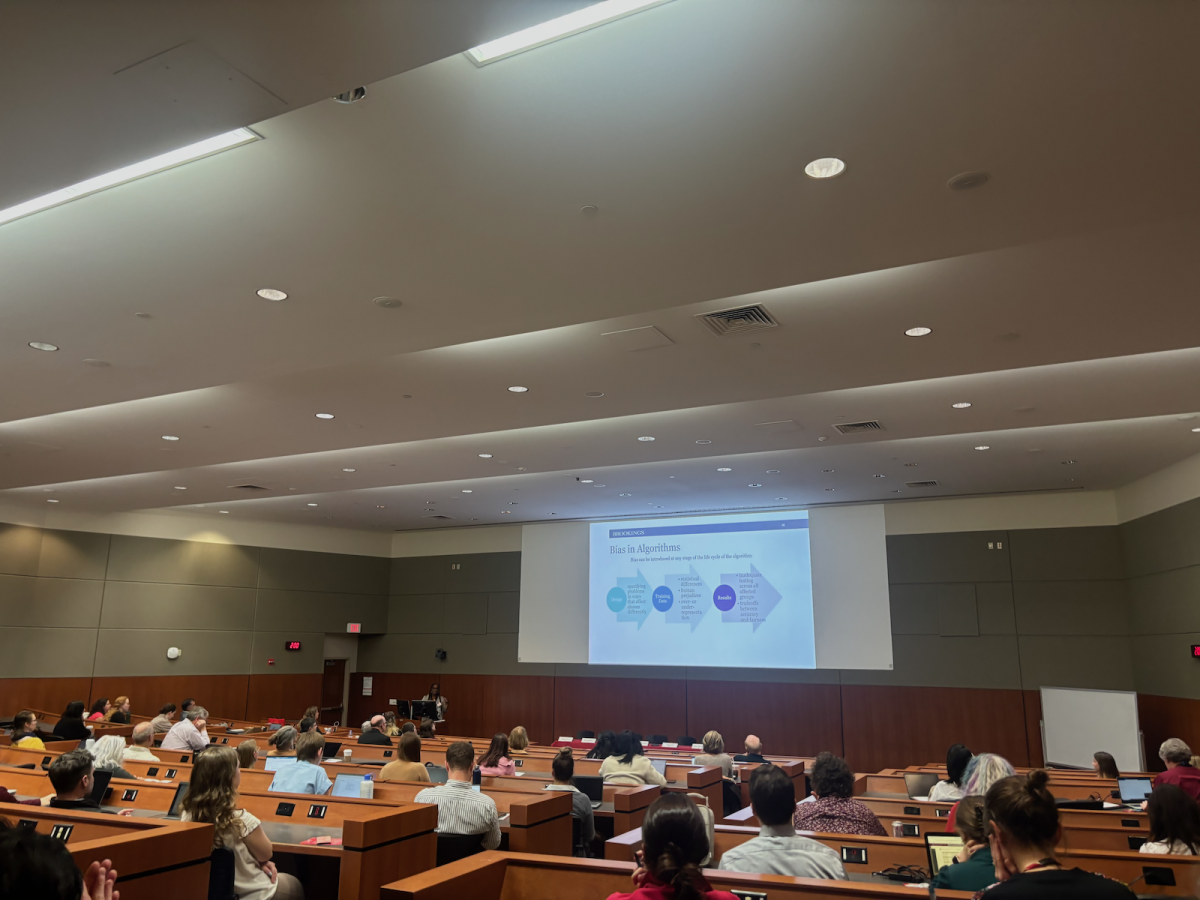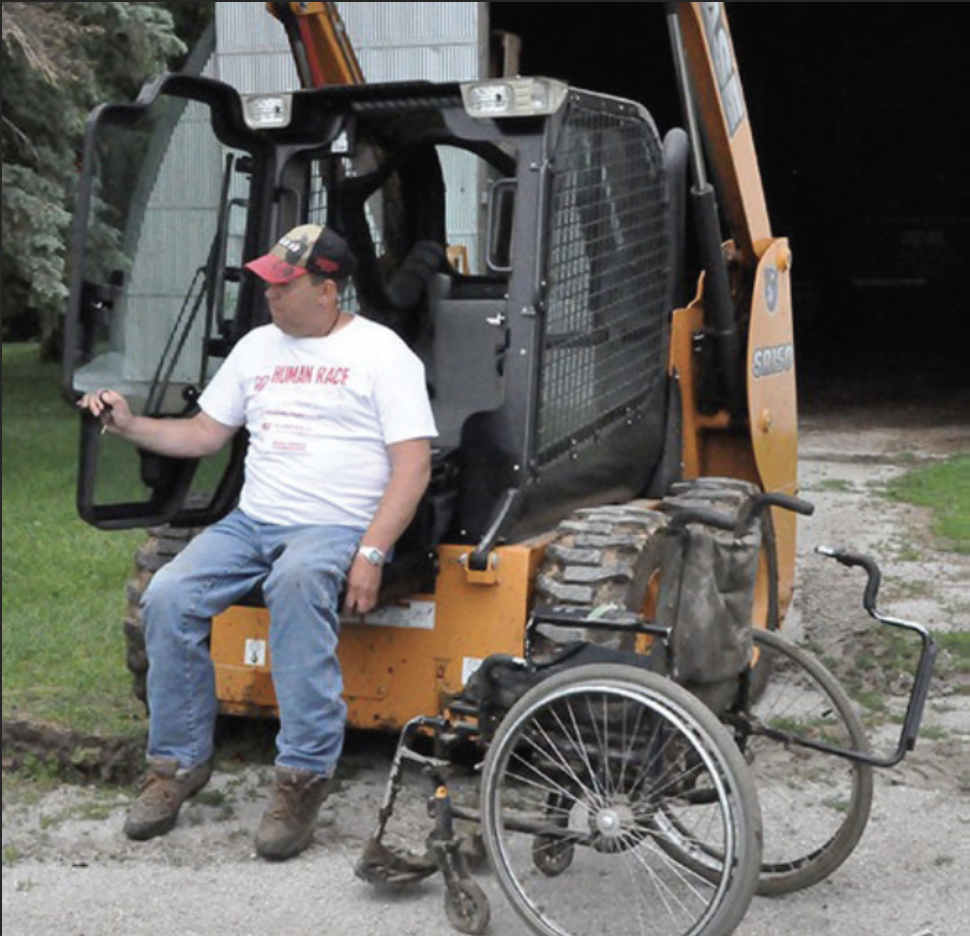Rock County, Wisconsin is set to become the first community-based COVID-19 vaccination clinic in the state starting on Feb. 16, according to a press release from the office of Gov. Tony Evers.
This clinic is one of the first initiatives to make the COVID-19 vaccine readily available to community members. Initially, 250 vaccinations will be administered per day, according to the release. The clinic hopes to increase this number to 1,000 as vaccines become more available.
Depending upon demand, six to ten more clinics could potentially open across the state, Evers said. The main goal of the community-based clinic is to expand the availability of the COVID-19 vaccine — especially to underserved communities. These efforts, along with the current state-wide mandates, are aimed to help curb the spread of the COVID-19.
Tammy Baldwin co-sponsors legislation to provide emergency sick leave as coronavirus cases increase
Because of Wisconsin’s vaccine phase system, primary recipients of the vaccine have so far been healthcare workers and people who are considered highly vulnerable.
Tiffany Green, an assistant professor in the Department of Population Health Sciences, said in the absence of a federal response and with challenges at the state level, healthcare providers have done everything possible to mitigate the impacts of the crises.
At 11%, Wisconsin is currently 10th in the nation for the percentage of people with the first dose, according to the New York Time’s vaccine rollout tracker.
AMI Expeditionary Healthcare is making efforts to raise these numbers by running the new clinic in Rock County. Through a partnership with the state Department of Health Services, AMI will work closely with the Wisconsin National Guard, Wisconsin Emergency Management and local public health partners, Evers said.
Rock County was carefully considered as the most appropriate location for the new clinic based on community needs, Evers said.
Data on transmission and deaths continues to show a disproportionate impact of the virus on communities of color, particularly among Black Americans. Compounding this trend are higher rates of vaccine mistrust among Black Americans. 83% of Asian-Americans and 63% of White Americans intend to get the vaccine, but that number falls to 42% among Black Americans.
“We have long standing mistrust in terms of health care systems that, frankly, we’ve earned. We’ve earned that mistrust,” Green said. “Of course vaccine hesitancy exists, overall and in the Black community, but I think that’s a pervasive narrative that ignores the fact that there are a lot of Black Americans who want to get the vaccine, and Black Wisconsinites who want to get the vaccine and have not been able to get it.”
She said it is important to move forward with the assumption people want to protect their family and friends and the communities around them. Green said the state should make it easy for people to get the vaccine, and added the healthcare system needs to show itself to be trustworthy.
“It is really important to invest resources in community centers that have established relationships of trust,” Green said. “It is because of this that community centers and local organizations have been key players in combatting the pandemic, providing medical resources to help diminish its effects.”
“I want to emphasize again that the disabled community is really being excluded from a lot of these conversations, especially when we talk about expanding access just based on age,” Green said.
People who are disabled often have a lot of conditions placing them at great risk of morbidity, mortality and COVID-19, according to Green, which is why there needs to be expanded vaccine access for them.
The conversation around vaccine distribution also needs to include immigrants — regardless of authorization status, Green said.
“We’re not on an island, and we can’t exclude some people from getting the care that they need — from getting vaccinated — and expect an infectious disease to discriminate,” Green said.



















